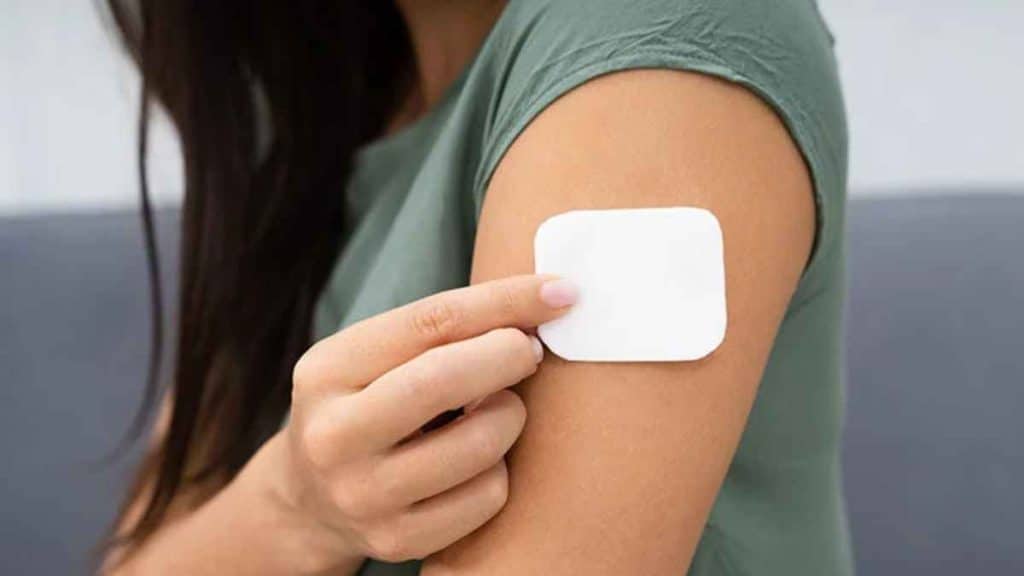Do you struggle with getting a good night’s sleep? You’re not alone. Insomnia affects millions of people worldwide, and it can have a significant impact on your quality of life. Fortunately, there are many ways to treat insomnia, including the use of sleep patches like melatonin patches. In this article, we will explore what insomnia is, what melatonin patches are, and how melatonin patches can help people fight insomnia and get better sleep.
What Is Insomnia?
Insomnia is a sleep disorder characterized by difficulty falling asleep or staying asleep. People with insomnia may have trouble falling asleep at night, wake up frequently during the night, or wake up too early and not be able to go back to sleep. There are many causes of insomnia, including stress, anxiety, depression, medication side effects, and medical conditions such as sleep apnea. Insomnia can have a significant impact on your quality of life, leaving you feeling tired and irritable during the day.
What Are Melatonin Patches?
Melatonin patches are a type of sleep patch that can help people with insomnia get better sleep. Melatonin is a hormone produced by the pineal gland in the brain that helps regulate sleep and wake cycles. Melatonin levels increase at night, signaling to your body that it’s time to sleep. However, some people may have low levels of melatonin, which can contribute to insomnia.
Melatonin patches are a type of transdermal patch that delivers melatonin directly through the skin. The patches are applied to the skin before bedtime and are left on overnight. The melatonin is slowly released into the bloodstream, helping to regulate the sleep-wake cycle.
How Melatonin Patches Can Help People Fight Insomnia And Get Better Sleep
Melatonin is a natural sleep aid that can help regulate the sleep-wake cycle. When melatonin levels are low, it can be difficult to fall asleep or stay asleep. Melatonin patches can help increase melatonin levels and promote better sleep. Melatonin patches are particularly useful for people who have difficulty falling asleep or who wake up frequently during the night.
Several studies have shown that melatonin patches can be effective in treating insomnia. One study published in the journal Sleep Medicine found that people who used melatonin patches for two weeks had a significant improvement in their sleep quality compared to those who used a placebo patch. Another study published in the Journal of Clinical Sleep Medicine found that melatonin patches were effective in improving sleep quality and reducing the time it took for people to fall asleep.
Comparison Of Melatonin Patches With Other Sleep Aids
Melatonin patches are one of many types of sleep aids available on the market. Some other common sleep aids include prescription medications like benzodiazepines and non-prescription sleep aids like melatonin supplements. Unlike prescription medications, melatonin patches are available over the counter and have fewer side effects. Melatonin patches are also less likely to cause dependence or withdrawal symptoms, making them a safer option for long-term use.
Dosage & Instructions For Using Melatonin Patches
Melatonin patches are available in different strengths, typically ranging from 1 mg to 5 mg. The recommended dosage will vary depending on your age, weight, and other factors. It’s important to follow the instructions provided with the patch and to speak with a healthcare professional if you have any questions or concerns.
Melatonin patches may interact with some medications, including blood thinners and medications for high blood pressure. It’s important to speak with a healthcare professional before using melatonin patches if you take any other medications. Additionally, melatonin patches may not be suitable for pregnant or breastfeeding women or for people with certain medical conditions.
In conclusion, for those who struggle with insomnia, melatonin patches may be a safe and effective option for improving your sleep. Melatonin patches can help regulate the sleep-wake cycle, making it easier to fall asleep and stay asleep. Compared to other sleep aids, melatonin patches have fewer side effects and are less likely to cause dependence or withdrawal symptoms. However, it’s important to speak with a healthcare professional before using melatonin patches, particularly if you have any underlying medical conditions or take other medications. With the right support and treatment, it’s possible to overcome insomnia and get the restful sleep you need to thrive.
